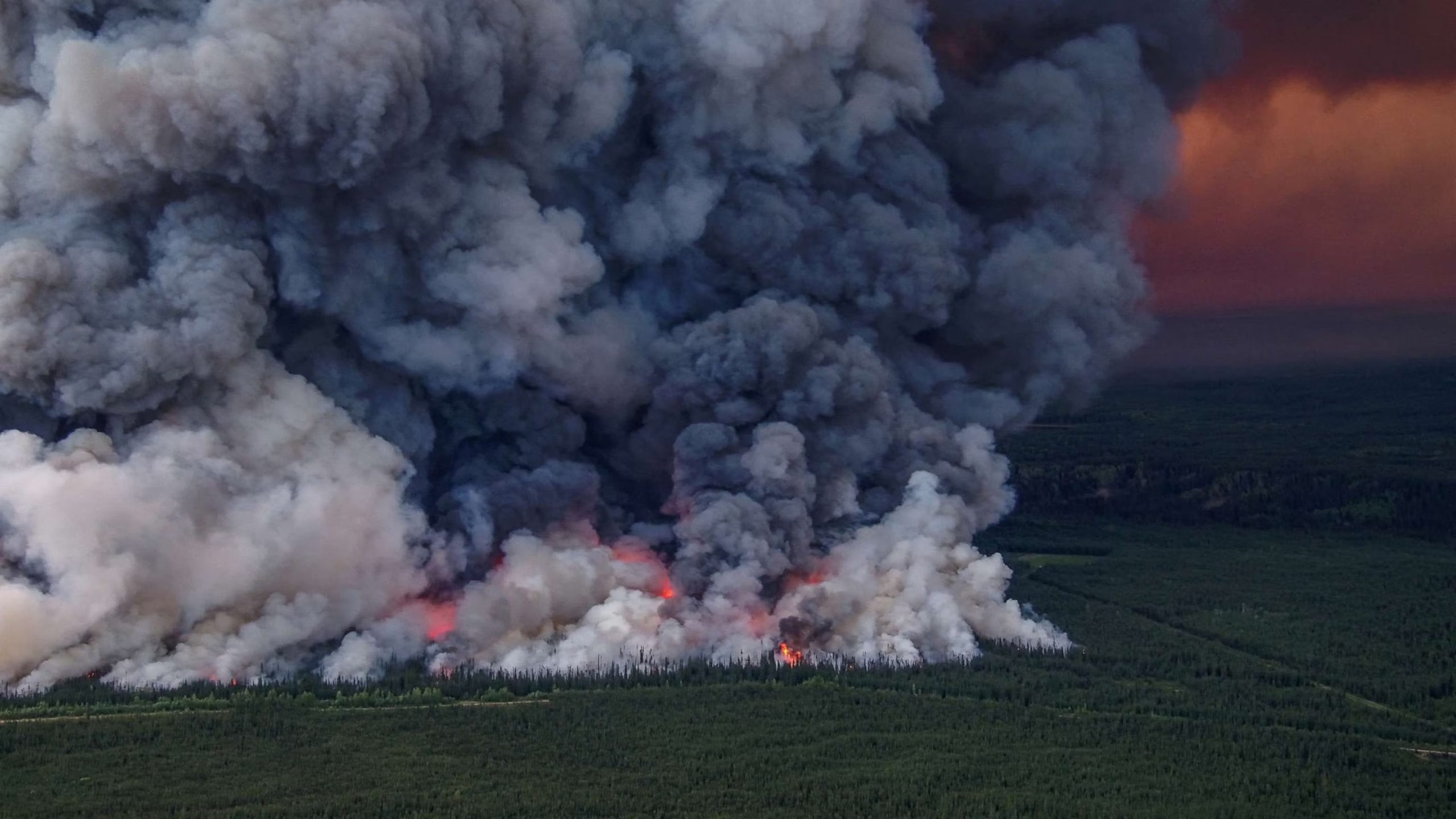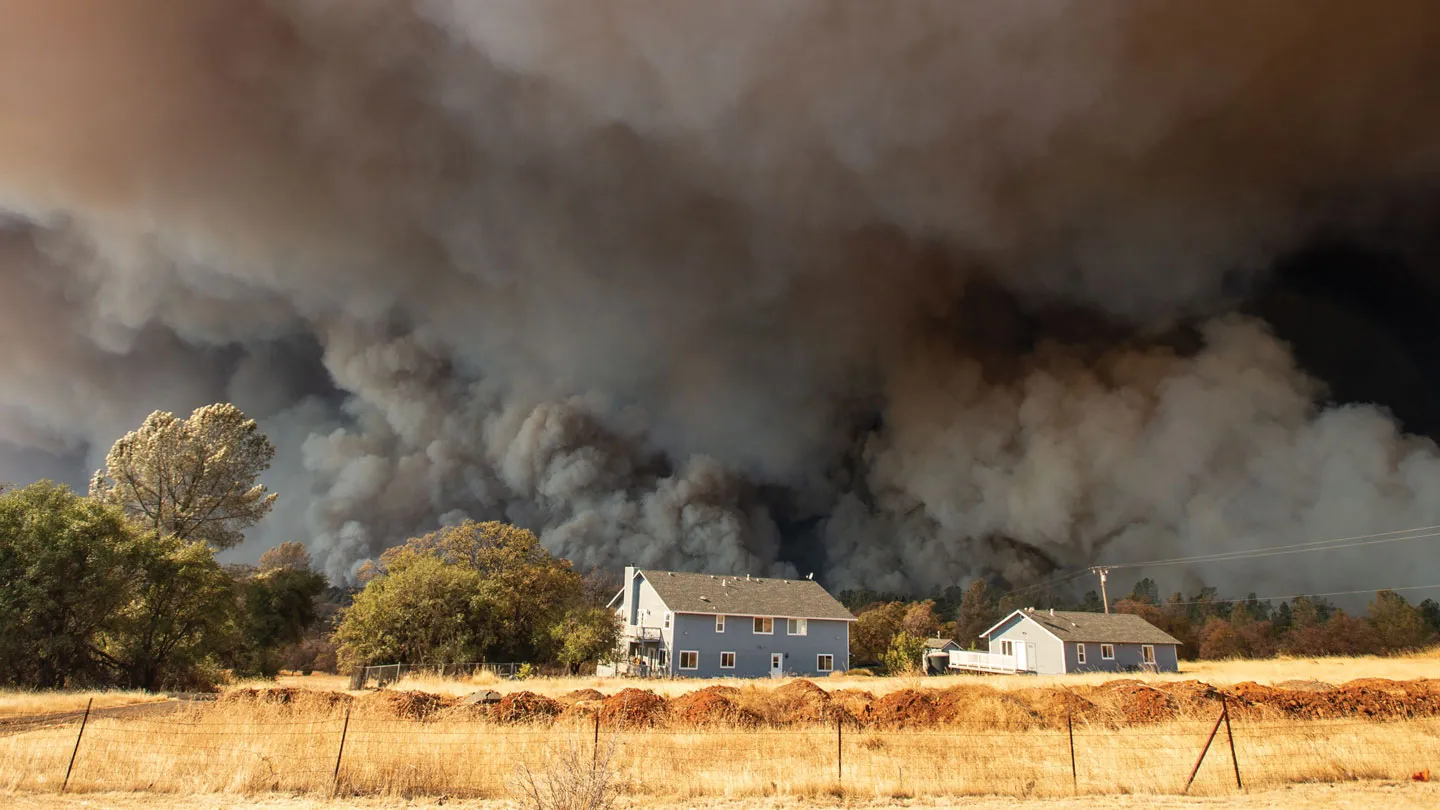Wildfires in Canada and California are producing substantial smoke, which is leading to significant air quality problems in affected regions. This smoke can have detrimental effects on health, particularly in areas directly impacted by the fires.
Dr. Jesse Bracamonte, a family medicine physician at the Mayo Clinic, notes that smoke exposure can lead to a range of health issues, from eye irritation and respiratory infections to more severe complications such as difficulty breathing and increased cardiac strain.

The health risks posed by wildfire smoke are especially pronounced for individuals with preexisting conditions. Dr. Bracamonte highlights that people with underlying cardiac or pulmonary issues, including asthma and chronic obstructive pulmonary disease (COPD), are at a heightened risk of experiencing adverse effects. The presence of smoke can exacerbate these conditions, making it crucial for those affected to take extra precautions.
To mitigate these risks, Dr. Bracamonte advises monitoring local air quality reports closely. In areas where air quality is compromised, staying indoors is recommended to minimize exposure. Keeping windows closed and using a central air conditioning system can help improve indoor air quality and reduce the impact of outdoor smoke on health.
For those who must go outside despite poor air quality, Dr. Bracamonte suggests using a respirator to protect against potential lung damage. This measure can be particularly important for individuals with compromised respiratory systems or those in environments where smoke exposure is unavoidable.
